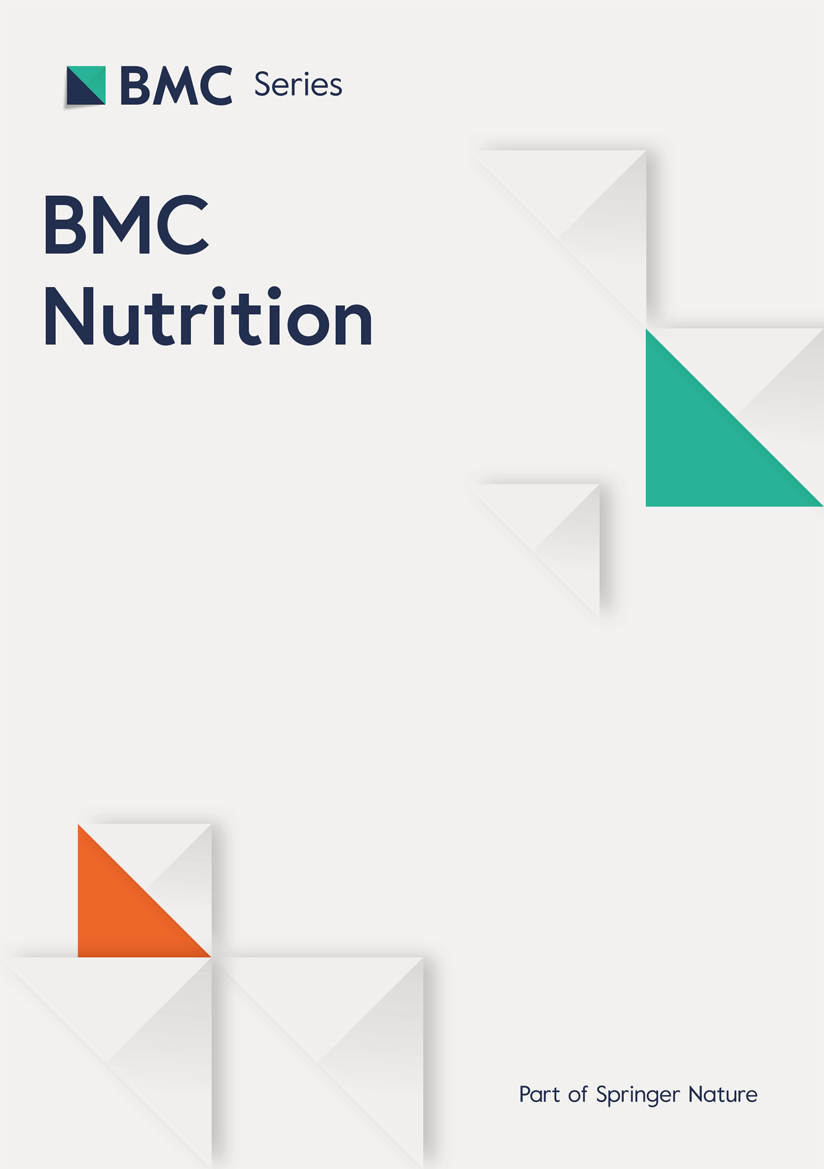Ethiopia moves toward smarter health and nutrition supply chain management | WHO | Regional Office for Africa
A national dissemination workshop held on May 27, 2025, in Addis Ababa brought together government officials, health experts, and development partners to review the findings of a comprehensive assessment of Ethiopia’s electronic Logistics Management Information System (eLMIS), known as Dagu. The system is designed to enhance visibility and improve efficiency throughout the country’s health supply chain.
Opening the event, the World Health Organization (WHO) Ethiopia Dr Patrick Okumu Abok, Team Lead, Health Emergencies Programme, commended the collaborative efforts that led to the successful completion of the nationwide assessment, which covered 251 public health facilities. The study evaluated the functionality, maturity, utilization, and impact of the Dagu system on health and nutrition commodity availability, inventory management, and decision-making processes.
The event and the nationwide assessment were funded by the European Civil Protection and Humanitarian Aid Operations (ECHO), reaffirming the EU’s longstanding commitment to supporting Ethiopia’s health system strengthening and digital transformation.
“This event marks a significant milestone in our collective effort to build a more resilient, data-driven supply chain for Ethiopia,” said Dr Patrick. “Dagu is helping health facilities deliver essential medicines, nutrition commodities and health supplies more reliably—and the data proves it.”
According to the assessment findings, 63.7% of health facilities currently operate functional Dagu systems. These facilities demonstrated improved pharmaceutical availability—with an average availability rate of 88.3% for tracer medicines—highlighting Dagu’s positive contribution to medicine access across the health system.
Despite the progress, the assessment also highlighted several challenges, including infrastructure limitations, intermittent internet access, limited management engagement, and human resource constraints, particularly in areas such as training and staff retention. The study identified that facilities with trained pharmacy heads and reliable internet access were significantly more likely to operate functional Dagu systems.
The Ministry of Health emphasised the government’s continued commitment to scaling up digital health innovations, such as Dagu, to achieve better health outcomes.
“This assessment reinforces what we’ve known—Dagu has the potential to transform our supply chain. But it also reminds us that sustainability requires more than just systems; it requires leadership, accountability, and integration,” said Teshome Deres, senior advisor for the state minister of the Ministry of Health. “We are committed to working with our partners to ensure Dagu reaches its full potential across all health programs.”
The workshop emphasized the importance of transforming these insights into action. Recommendations put forth include:
The event was supported in partnership with the Ministry of Health, Ethiopian Pharmaceutical Supply Service (EPSS), and the Dagu Task Force, with the support from Clinton Health Access Initiative (CHAI), ECHO, Results for Development (R4D), and WHO.
With a strong political commitment and coordinated implementation, Ethiopia’s journey toward a more efficient and equitable health supply chain continues—powered by innovation, data, and partnerships.
Recommended Articles
Stronger Digital Security

As Ethiopia’s digital payments landscape undergoes rapid transformation, the issue of financial security and risk manage...
Ethiopia detains dozens of suspected IS militants

There is a problem with the page you are looking for, and it cannot be displayed. When the Web server (while acting as a...
Ethiopia: ICS Targets 4 Mln Passports Issuance in This Fiscal Year

- The Immigration and Citizenship Service (ICS) has announced an ambitious plan to issue 4 million passports during the ...
Understanding the child feeding decisions among urban parents: a qualitative study in addis ababa, Ethiopia

Food choice decisions are complex processes influenced by various factors that affect the family’s diet and, thus, their...
Ethiopia Arrests 82 Suspected ISIS Members

Ethiopia’ intelligence agency detains 82 suspects linked to Daesh, accused of training abroad and plotting attacks acros...
You may also like...
1986 Cameroonian Disaster : The Deadly Cloud that Killed Thousands Overnight

Like a thief in the night, a silent cloud rose from Lake Nyos in Cameroon, and stole nearly two thousand souls without a...
Beyond Fast Fashion: How Africa’s Designers Are Weaving a Sustainable and Culturally Rich Future for

Forget fast fashion. Discover how African designers are leading a global revolution, using traditional textiles & innov...
The Secret Congolese Mine That Shaped The Atomic Bomb

The Secret Congolese Mine That Shaped The Atomic Bomb.
TOURISM IS EXPLORING, NOT CELEBRATING, LOCAL CULTURE.

Tourism sells cultural connection, but too often delivers erasure, exploitation, and staged authenticity. From safari pa...
Crypto or Nothing: How African Youth Are Betting on Digital Coins to Escape Broken Systems

Amid inflation and broken systems, African youth are turning to crypto as survival, protest, and empowerment. Is it the ...
We Want Privacy, Yet We Overshare: The Social Media Dilemma

We claim to value privacy, yet we constantly overshare on social media for likes and validation. Learn about the contrad...
Is It Still Village People or Just Poor Planning?

In many African societies, failure is often blamed on “village people” and spiritual forces — but could poor planning, w...
The Digital Financial Panopticon: How Fintech's Convenience Is Hiding a Data Privacy Reckoning

Fintech promised convenience. But are we trading our financial privacy for it? Uncover how algorithms are watching and p...